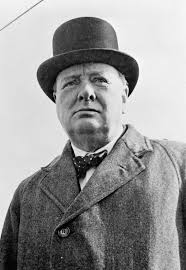Welcome to Year 6!
Pioneer Class
Teacher: Miss Bradshaw
Teaching Assistant: Mrs Back
Maths Group: Mrs Bradshaw
Discovery Class
Teacher: Mrs Gulvin and Mr Gates
Teaching Assistant: Mrs Garrett
Maths Group: Mrs Bradshaw
Welcome to Year 6, the final year of the primary school journey!
We have an exciting and fun-filled curriculum full of new learning experiences. We will be visiting trenches, welcoming WW1 and WW2 soldiers for workshops and hopefully a fun trip at the end of the year to celebrate all that we have achieved. As part of our home learning, we expect all children to read regularly and widely, using Accelerated Reader to earn points. On Wednesday, we have PE so please ensure that the appropriate kit is worn on that day.
Term 1: Is War Inevitable?
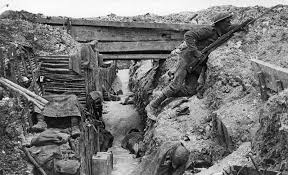
Our topic for the first term is WW1. We look at the key events that led to the war and the conditions that soldiers had to endure in the trenches. To support this topic, we read Private Peaceful in our reading lessons which follows the journey of a young lad and his experiences at war. We will use WW1 as our writing stimulus, writing biographies of key people and non-chronological reports.
Term 2 : Why did the allies win the war?
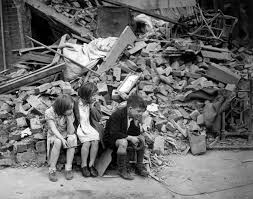
Our topic for the second term looks at World War 2 and builds on the work from the previous term. We will look at how it started and the impact of Winston Churchill. We study significant events such as the evacuation of the beaches at Dunkirk and the Blitz and how the British spirit could not be broken. W. We will support our topic learning through work in English and reading, where we will write descriptive settings and diaries, explanations texts on how to keep safe and Blitz poetry. Our whole class reading text will continue with Private Peaceful by Michael Morpurgo which follows the journey of two brothers during WW1 as well as Rose Blanche, the story of a young girl who discovers great sadness and despair in the woods of Germany. During our DT block, we will look at how we can create our own cake recipes using rationing ingredients.
Term 3: Why do people visit Mexico?
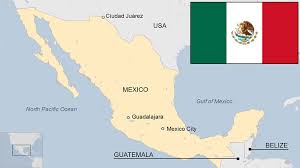


This term, we focus on the country of Mexico as an area of North America which contrasts the UK. The children will begin to develop their geographical skills by learning about the location of the country in terms of its continent and proximity to the equator and tropics. They will then go on to learn more about the geographical features of the country, including size, bordering countries, surrounding bodies of water, climate, physical and human features and culture. By the end of the topic, the children will be able to answer the question – Why is Mexico such a popular tourist destination? This topic really opens children’s eyes to other places in our world and helps them on their way to becoming global citizens.
In English, one of our key texts for the term is the video which accompanies the song Titanium by David Guetta. This is a fantastic opportunity for children to develop their skills in first-person recounts, formal recounts and police incident reports. We will also develop our formal writing through reports and visitor guides on Mexico and a balanced argument which compares living in Mexico to living in the USA.
In Maths, our key areas of focus will be calculating with fractions and fraction, decimal and percentage equivalence. We will begin by learning to multiply and divide fractions before introducing decimals and percentages as another way to write parts of a whole.
Term 4: The Ancient Maya

In term 4, we study the ancient civilisation of the Maya for Central America to answer the big question ‘Why were the Maya Magnificent?’. We will use our map skills to identify and explore where the people lived, what their cities and society was like, how they lived and worked, what they believed and finally what may have caused the whole civilization to suddenly disappear. Our chronological understanding will be developed through the creation of timelines of events and we will deepen out historical enquiry skills by studying objects from the time and identifying what we can learn from them. Our English lessons will be closely linked to the Maya as we read the Mayan myth ‘Rainplayer’ and use it as a stimulus to write our own myths. Our topic will also be linked to our art this term, as we investigate Mayan sculpture then design and create our own.
Term 5: Spectacular Spain

This term we will be studying Spain as a contrasting European country to the UK. We will develop our geographical knowledge of physical features of the landscape and look at climate zones, comparing them to the UK. We will learn about the ordinal and cardinal compass points, as well as 4 and 6 figure grid references to locate and place physical and human features on a map of Spain. Our English skills will be used to write a tourist guide for Madrid including descriptions of places to visit and a walking tour.
Term 6 :Plastic Pollution
Our final topic is one that often provokes a passionate response from the children as we answer the question, ‘Is Plastic Fantastic?’ We will learn about how plastic is produced and how the techniques affect the environment. Following this, we will look at the pros and cons of the material for making different products before looking at the lasting effects of this durable material. We will learn about the effect of plastic on our oceans and food chains, look at how currents affect the movement of plastic around our seas and oceans to create huge ocean garbage patches, and what is currently being done to solve the problem. Finally, we will study what individuals can do to help and write persuasive leaflets to encourage people to follow the 6 Rs.
Also in term 6, we will continue developing our writing skills by creating contrasting logbook entries based on the movie Avatar, and develop dialogue by writing the narrative for the short animation ‘Rock, Paper, Scissors’.
Term 6 also celebrates the final term at Thames View for the children and a big focus this term is our leavers production. Children will have the opportunity to take part in their preferred way – singing, acting, producing, props, music, sound – to enable a final, memorable performance to parents at the end of term.
PE
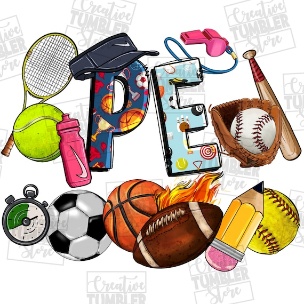
Trips and Visits
At Thames View, we recognise the importance of developing our children academically, socially and spiritually. As a result, we endeavour to give our children experiences beyond classroom learning.
Term 1: Hawthorne Trenches and WW1 Soldier Workshop
Term 2: Women at War Workshop, Family Trust Visit and visit to St Margaret’s Church
Term 3: Family Trust Visit
Term 4: Forensic Science Workshop and Human Body Workshop
Term 5: Chessington World of Adventures reward trip
Term 6: We end our year celebrating our achievements with Sports Day and the return of Family Trust.
Reading

We would encourage all of you to read widely and frequently, outside as well as in school, for pleasure and information. This does not have to be your school reading book, but anything you enjoy (eg. newspapers, TV guides, leaflets, magazines).
It would be helpful if adults could write a comment in your Reading Contact books too.
Our daily reading lessons focus on the key areas which ou need to know and understand in order to improve your reading comprehension skills, vocabulary and general knowledge. We call these comprehension skills VIPERS and we use them every day to help you become confident close readers of texts, deepening your understanding and enjoyment of a range of challenging texts. We will be reading some fantastic books in class this year, all of which are linked to our topics.
About the books :
Term 1 and 2: 'Private Peaceful' by Michael Morpurgo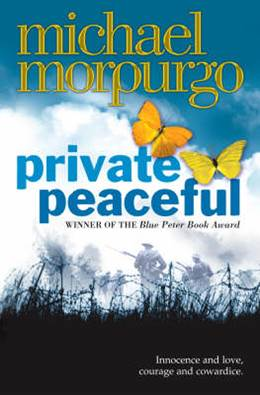
Set during World War I, Private Peaceful charts eight hours in the life of Tommo, a young soldier at the Front, as he looks back over the formative events of his life: his father’s early death, his relationship with his loving mother and brothers, Big Joe and Charlie, and their beloved schoolfriend Molly – all set among an evocative and beautifully realised rural landscape.
Passionate, beguiling and moving, this award-winning story is also an unflinching examination of the horrors of war and the injustice surrounding the execution of soldiers by firing squad, on the – often false – grounds of desertion or cowardice. Former Children's Laureate Michael Morpurgo uses all his superb storytelling skills to weave this powerful, poignant tale of the horrors of World War I, which will touch readers of all ages.
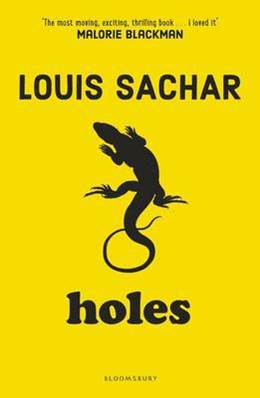 Term 3 and 4: 'Holes ' by Louis Sachar
Term 3 and 4: 'Holes ' by Louis Sachar
Stanley Yelnats' family has a history of bad luck, so he is not entirely surprised when a miscarriage of justice sends him to the Camp Green Lake Juvenile Detention Centre in the middle of the Texan desert. There is in fact no lake there at all and not much green either. Stanley soon discovers that his work at the camp will be to dig a deep hole each day, and to report back about anything he finds there. Stanley gets to work - but he soon discovers there's more to the task he's been given than merely an exercise in character-building.
This witty, inventive and utterly compelling novel from Louis Sacharis a must-read for children and adults too. A deft mixture of seriousness and humour, it is told in a direct, simple style that belies the clever construction of Sachar's powerful narrative.
Terms 5 and 6: 'Wonder' by R J Palacio 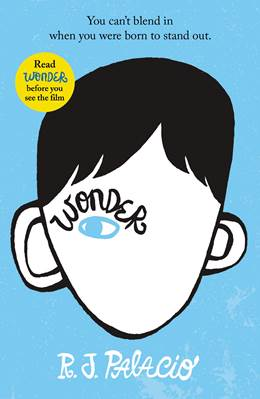
Like most ten-year olds, August ('Auggie') Pullman just wants to be accepted at his new school, especially as he's been previously been home-schooled. However, Auggie can't help but stand out - he was born with a severe facial deformity. Most people react with horror to his appearance and don't take the time to meet the smart, funny, Star Wars-loving boy underneath.
Written in the first person, Wonder follows Auggie as he experiences more than the usual ups-and-downs of friendships, family and school. The story is also told from the perspective of other characters, providing glimpses into their own behaviour and exploring the impact our actions can have on others.
Thought-provoking, engaging and uplifting, this is a wonderful read with a powerful message - we can all choose to be kind.
Useful Websites:
- Epic Digital Library
Thousands of books and other reading materials are open to you all here - you just need your class code to log in.
- School Reading List site
- Explore Learning Recommended Reading
- Love Reading
- Accelerated Reader - https://login.renaissance.com/1302daf1-2b52-4df2-9c3c-a4e357d90f80?state=13688a30-ec60-47bb-a3b4-59d1fd383877
Writing
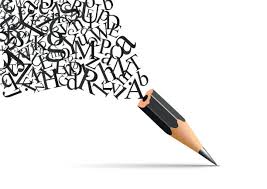
In Year 6, you will learn to write imaginatively and cohesively and to choose the right structure and tone for any given piece of writing. This includes:
- identifying the audience and purpose of your writing
- modifying your use of grammar and vocabulary depending on what you are writing
- using a consistent tense
- checking through your own and your peers’ writing and making constructive improvements.
- developing a more formal, authorative tone
You will also learn to use more complex word forms and clauses, to use uncommon punctuation, and to build cohesion by linking ideas across a text. This includes:
- converting nouns or adjectives into verbs using suffixes like –ate, –ise, –ify
- using brackets, dashes, or commas to indicate parentheses
- linking ideas across paragraphs using adverbials of time, place, and number.
- use semi-colons and colons to demarcate sentences
Opportunities to write will focus on the four writing purposes: writing to entertain, writing to inform, writing to persuade and writing to discuss.
Term 1:
- Writing trench descriptions, letters from the trenches.
- Biographies of key WW1 figures
- Reports on the ending of the war
Term 2:
- WW2 poetry
- Diary entries and descriptions of war with Rose Blanche as a stimulus
- Explanation guide on how to keep safe in the Blitz
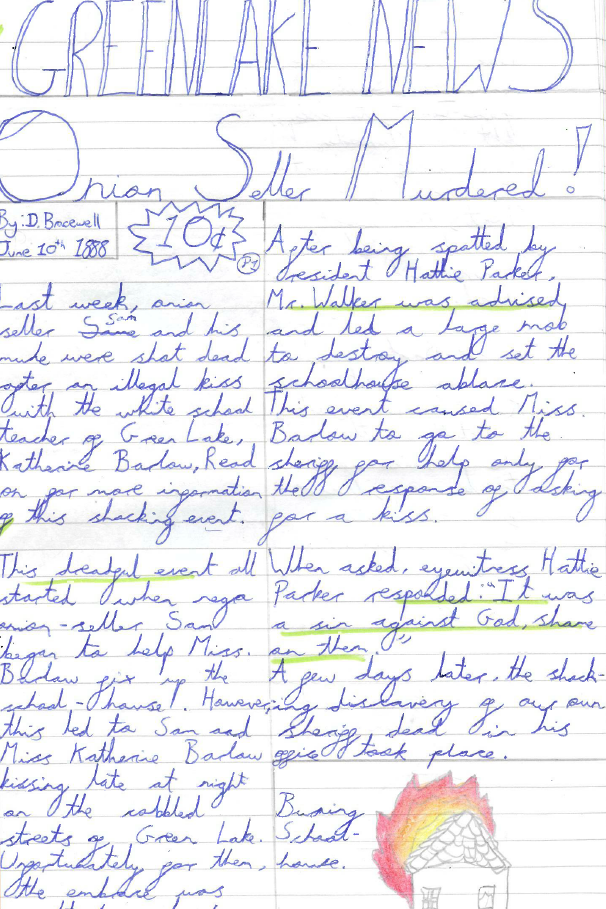
Term 3:
- Report on Mexico - travel guides
- Police reports using Titanium as a stimulus
- Balanced argument on which is better: Uk or Mexico
Term 4
- Myth based on Maya culture
- Newspaper reports based on whole class reading text Holes
Term 5 and 6
- Persuasive texts linked to healthy living
- Dairy log book entries based on Avatar and the world of Pandora
- Narritive writing including dialogue based on the animation Rock, Paper, Scissors
Spelling
As well as practising the Year 5 and 6 statutory spellings, we recap and investigate all the Primary spelling curriculum rules and patterns using a variety of resources and strategies.
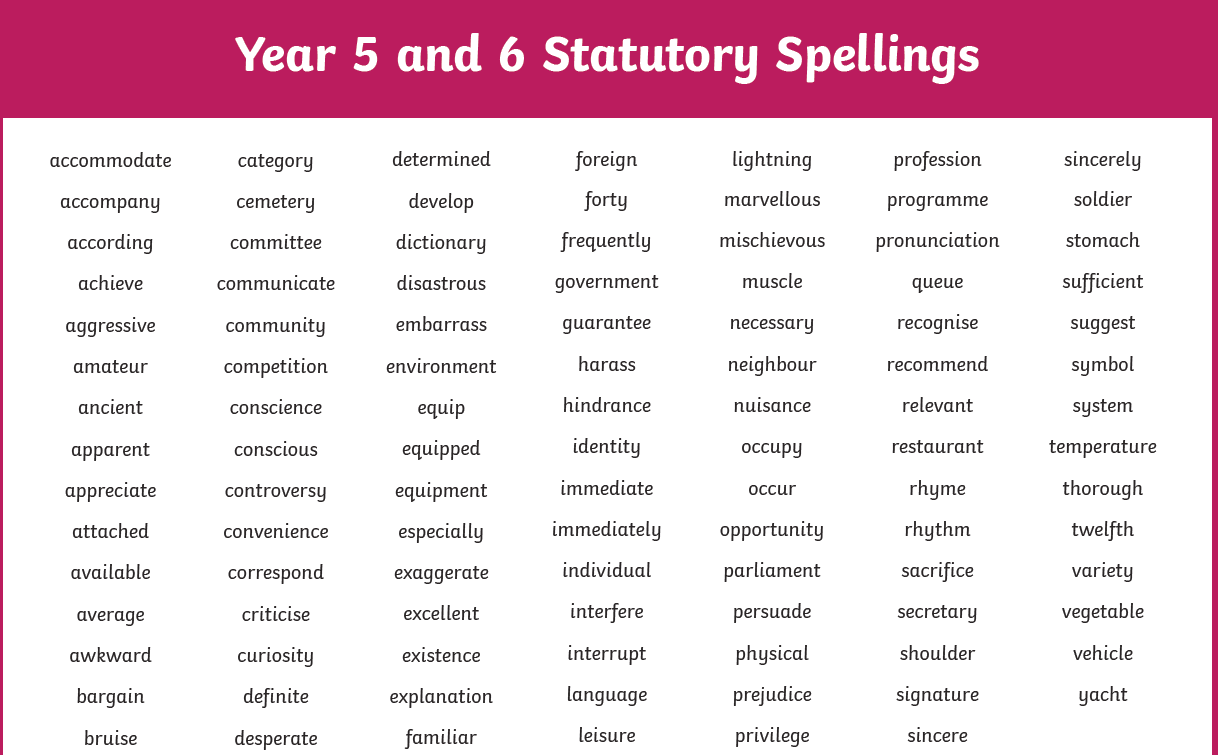
Science
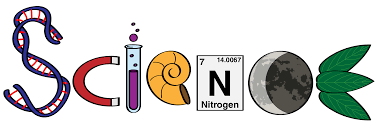
The main focus of science in Year 6 is to help you to develop a deeper understanding of a wide range of scientific ideas. You will learn to select the most appropriate ways to answer science questions using different types of scientific enquiry, including observing changes over different periods of time, noticing patterns, grouping and classifying things and carrying out comparative and fair tests. You will also be expected to read, spell and pronounce scientific vocabulary correctly as well as finding out about significant scientists linked to our topics.
In Year 6, our science topics are as follows:
Term 1: Classification
You will be learning to describe how living things are classified into broad groups according to common observable characteristics and based on similarities and differences, including microorganisms, plants and animals. You will give reasons for classifying plants and animals based on specific characteristics.
Term 2: Light
In year 6, you will develop your understanding of light, exploring how it behaves, including light sources, reflections and shadows. Y
Term 3: Electricity
Building on what you learnt in year 4, we learn to associate the brightness of a lamp or the volume of a buzzer with the number and voltage of cells used in the circuit, Compare and give reasons for variations in how components function, including the brightness of bulbs, the loudness of buzzers and the on/off position of switches. We will also use recognised symbols when representing a simple circuit in a diagram.
Term 4: The Human Body
You will identify and name the main parts of the human circulatory system, and describe the functions of the heart, blood vessels, and blood. We will investigate and recognise the impact of diet, exercise, drugs and lifestyle on the way their bodies function. We will describe the ways in which nutrients and water are transported within animals, including humans.
Term 5 and 6: Evolution and Inheritance
Through this part of curriculum, you will expand on what you learned about fossils in the 'Rocks' topic in Y3, finding out more about how living things have changed over time. You will recognise that living things have changed over time and that fossils provide information about living things that inhabited the Earth millions of years ago. You will learn that living things produce offspring of the same kind, but normally offspring vary and are not identical to their parents. You will study how animals and plants are adapted to suit their environment in different ways, and that adaptation may lead to evolution.
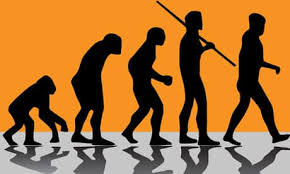
Maths
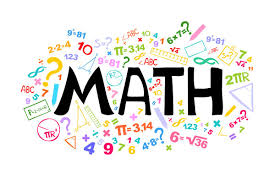
In Year 6, you will continue to practise mental and written calculation methods and use all the operations to solve problems. You will revisit and revise prime, square and cube numbers, and work with factors and multiples. You will calculate perimeters, areas and volume, draw and measure angles, convert between units of time and learn some imperial measures. You will reflect and translate shapes on 4 quadrant coordinate grids and interpret line graphs and timetables.
You’ll be revising long multiplication and multiply four-digit by two-digit numbers then short division for dividing four-digit by two-digit numbers. You will also be learning long division. You’ll continue to multiply fractions as well as learning how to divide fractions, learn more about decimals and further embed your understanding. percentages. You will be able to count in powers of 10 and round numbers up to 10,000,000 to the nearest 10, 100, 1000, 10,000 , 100,000 and 1 million.
Term 1/2:
Number and Place Value: You will be expected to read, write, order and compare numbers up to 1,000,000, recognising the place value of each digit. This includes:
- counting forwards and backwards with positive and negative numbers
- rounding numbers up to one million to the nearest 10, 100, 1000, 10 000 , 100 000 and 1 000 00
The four operations: You will be expected to be able to solve multi-step problems involving numbers with more than four digits. This includes:
- practising a range of mental calculation strategies as well as using a variety of methods to calculate including using objects, diagrams or drawings such as number lines, models such as the area/grid method and written column addition and column subtraction
- develop accuracy in using long and short multiplication
- develop accuracy in using long and short division.
- solving multi-step word problems for which you will need to solve multiple calculations before coming to the final answer.
Fractions: You will be expected to be able to find fractions of numbers and quantities, as well as finding the whole if we know the part
- recognising and converting between mixed numbers and improper fractions
- adding and subtracting fractions, including use of mixed numbers
Geometry: We will explore our position and direction skills.
- plotting points on single quadrant and four quadrant grid
- reflecting and translating shapes on a single and four quadrant grid
Term 3/4:
Fractions: We will continue our work on fractions through multiplying and dividing fractions.
- multiplying proper fractions and mixed numbers by whole numbers / multiply fractions by fractions
- Dividing fractions by whole numbers.
Decimals and Percentages: You will be expected to be able to solve real--life problems using decimals and percentages, understanding that percentage means out of 100.
- ordering decimal numbers
- multiplying and dividing decimal numbers by 10,100,1000
- calculating with decimal numbers
- understanding percentages as ‘the number of parts per hundred perce percentage and decimal equivalents of
,
,
,
and
.
- calculate percentages of amounts
- finding the whole when we know the part
Algebra and Ratio: We will build upon our number and calculation skills through our units on algebra.
- using function machines
- forming expressions to represent calculations
- Using formulae
- Solving one and two step equations
- Finding pairs of values e.g. if ab is 20 what could a and b be?
Term 5/6:
Properties of Shape: You will continue to develop your knowledge of geometry. This includes
- identifying 3-D shapes, including cubes and other cuboids, from 2-D representations
- knowing angles are measured in degrees: estimating and comparing acute, obtuse and reflex angles
- finding unknown angles within triangles and quadrilaterals, using knowledge that a triangle has 180° and a quadrilateral has 360°
- drawing given angles and measuring them in degrees (°)
- using the properties of rectangles to identify related facts and find missing lengths and angles
- distinguishing between regular and irregular polygons based on reasoning about equal sides and angles.
Useful Websites:
SATs
In May 2025, you will be sitting the national tests known as SATS. Throughout the year there will be opportunities to revise and prepare yourself for these assessments.
Here are the dates for the national assessments.
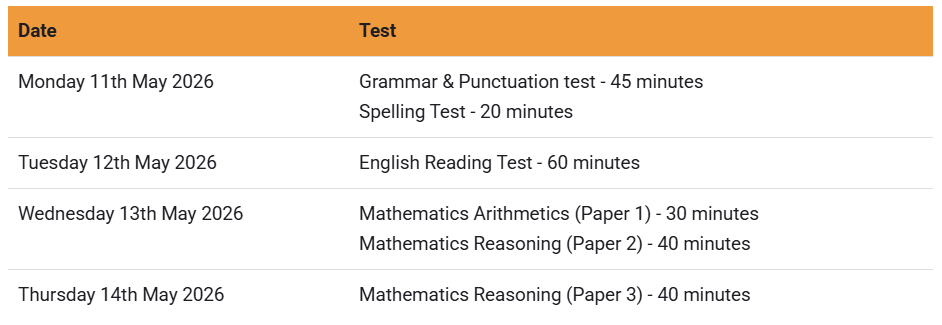
Websites for Revision
IXL have separate pages of skills linked to individual Year group. The Y6 page has links to practise both English and Maths skills. Pages are then split into skills of which has a practise question for the children to think about.
BBC Education have produced a whole host of materials for KS2. Follow the KS2 link and then select either Maths or English. Each area usually has an information section for reading, plus an activity and then quiz which is marked online. Some aspects require a subscription.
http://www.bbc.co.uk/education
A site with both Maths and English based quizzes which are marked as you go along.
http://www.educationquizzes.com/ks2/maths/
A site with a range of information and questions – great for revision purposes!
http://www.icteachers.co.uk/children/children_sats.htm
A revision site based upon the old Key Stage 2 Tests but still contains lots of useful information for both Maths and English. http://resources.woodlands-junior.kent.sch.uk/revision/
A site with links to Maths and English revision materials, including worksheets to look at online or to print off and practise with. http://sats.highamstjohns.com/
Click on “For Kids” to access some fun games to practise speed of recall of times tables.
This site has loads of Maths games which help to practise a range of skills.
http://www.mathplayground.com/games.html
Loads of Maths games on a range of Mathematical concepts.
https://www.sheppardsoftware.com/math.htm
Lots of individual revision videos, worksheets, quizzes and answers related to all the maths topics.
https://corbettmathsprimary.com/content/


